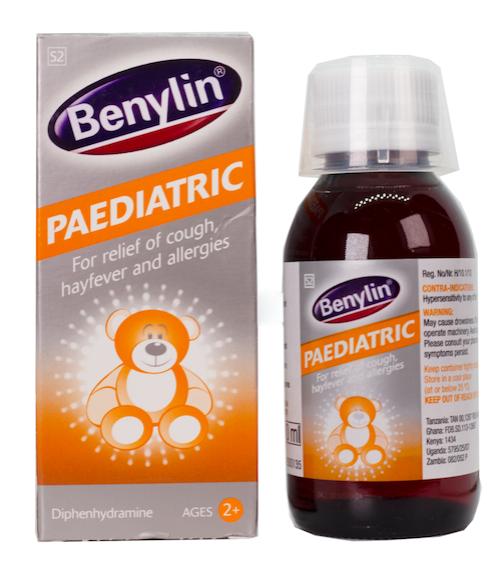In a statement issued by the COMESA Competition Commission this Saturday 13 April 2024, warned COMESA member states to avoid purchasing or using of the Benylin paedeiatric cough syrup 100ml batch No.329304 manufactured by Joshnson & Johnson (PTY) South Africa after detection of of high levels of Diethylene glycol.
“In this regard, pursuant to Article 30(1)(b) of the COMESA Competition Regulations, the Commission requests any person who establishes that the recalled syrup is being sold in other COMESA Member States, to avoid its purchase or use, and to report the matter to the Commission by contacting,” a statement reads from the Comesa Competition Commission.
On April 12th, 2024 the Zambia Medicines Regulatory Authority issued a public alert, and on April 11th, 2024 the Kenya Pharmacy and Poisons Board alerted the general public of the recall of Benylin Paediatric Cough Syrup Batch No. 329304. Benylin Paediatric Syrup is used for the relief of cough and its congestive symptoms, fever and other allergic conditions in children aged 2 to 12 years.
The product was first recalled by the Nigeria’s National Agency for Food and Drug Administration and Control (NAFDAC) in its press release dated 10 April 2024.
“We are calling upon the health facilities, pharmacies and the general public to stop the distribution and use of the affected batch of the product and return it to the suppliers. The Commission has established that the above product is exported to other COMESA Member States,” a statement reads from the COMESA Competition Authority.
The Nigerian National Agency for Food and Drugs Administration and Control (NAFDAC) said that the recall of one lot of Benylin Paediatrics Syrup manufactured by Johnson & Johnson was due to recent toxicity findings in the laboratory on the product. Laboratory analysis conducted on the product showed that it contains an unacceptable high level of Diethylene glycol and was found to cause acute oral toxicity in laboratory animals.
Diethylene glycol is toxic to humans when consumed and can prove fatal. Toxic effects can include abdominal pain, vomiting, diarrhoea, inability to pass urine, headache, altered mental state, and acute kidney injury which may lead to death.

